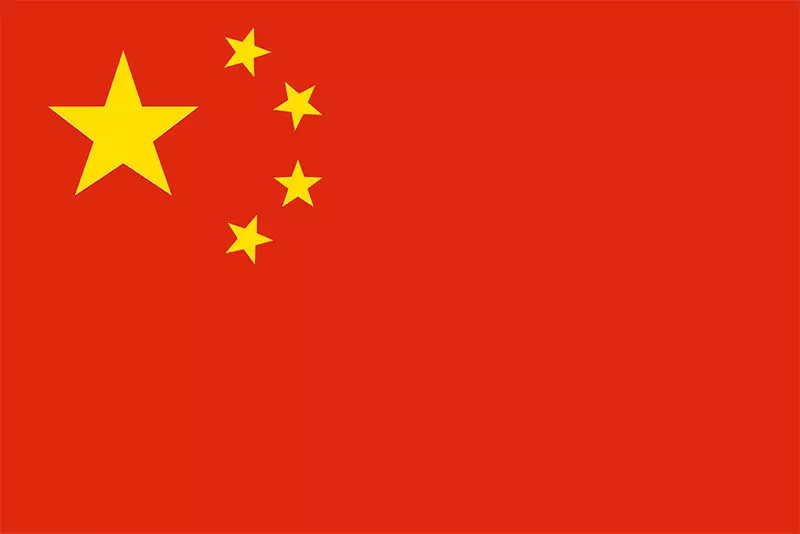
Beijing on Thursday criticised the U.S. for banning Chinese students and researchers deemed security risks from entering the country, after the U.S. government announced the day before that more than 1,000 visas had been revoked since June. Foreign Ministry spokesperson, Zhao Lijian, said this in a statement. Zhao said that the ban contradicted the concept of […]

Beijing on Thursday criticised the U.S. for banning Chinese students and researchers deemed security risks from entering the country, after the U.S. government announced the day before that more than 1,000 visas had been revoked since June.
Foreign Ministry spokesperson, Zhao Lijian, said this in a statement.
Zhao said that the ban contradicted the concept of openness and freedom in the U.S, comparing the action to political persecution and racial discrimination.
He said that the human rights of Chinese students in the U.S. would be seriously violated and also threatened retaliation.
The visas were revoked on the basis of a May 29 presidential proclamation to suspend entry into the U.S. to Chinese students and researchers deemed security risks.
“The proclamation safeguards U.S. national security by limiting [China’s] ability to leverage Chinese graduate students and researchers in the U.S. to steal U.S. technologies, intellectual property, and information to develop advanced military capabilities,” the spokesperson said.
“The high-risk graduate students and research scholars made ineligible under this proclamation represent a small subset of the total number of Chinese students and scholars coming to the United States,” the statement added.
“We continue to welcome legitimate students and scholars from China who do not further the Chinese Communist Party’s goals of military dominance.”
The statement comes a week after Secretary of State, Mike Pompeo, said that senior Chinese diplomats would need approval from the U.S. government to visit university campuses and meet with local officials.
It also follows the closure of the U.S. consulate in Chengdu, China, in July in retaliation for the closure of China’s consulate in the Texan city of Houston “in order to protect American intellectual property and Americans’ private information.”
The tit-for-tat closures had further ratcheted up tensions between the two countries, whose relations were already fraught due to disagreements over ongoing trade disputes.
Other reasons for the fraught relations include: the coronavirus pandemic, repression in China’s far-western Xinjiang region and Beijing’s moves to quash pro-democracy protests in Hong Kong.




